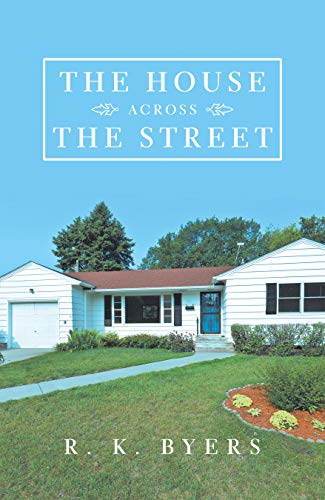What do you think?
Rate this book


588 pages, Kindle Edition
Published September 26, 2019
I remember how, after listening to her tell me about the length of her skirt for about an hour and a half, she kissed me. It was a wonderful kiss and I wanted to do it more, believing the prelude of listening to things I didn’t understand was a one-time prelude to real teenaged action. If she had only stayed a bit longer, I might have figured out that there is always a prelude to kissing and to guys it is usually painful, usually of the unendurable variety. I became a hopeless romantic listening to songs in my basement about love. I knew there were two kinds, both lost and true, but in the latter case, I reasoned, I had Buddy Holly’s word that it would never die.
Should the present generation persevere and create generations beyond itself, I predict that any rational being looking back on the age will deem that the reaction of humanity to almost any given situation was endowed not with rationality nor disorder, but only with art. In one respect Nietzsche was correct: we have created the super man, as he predicted, but he has a limp wrist.
In a stroke of luck, I came across some further writing on the theories of mathematics and started reading about a fellow named Kurt Gödel. He made an incredible discovery which I thought should be rolled over into daily living. He created something called the Incompleteness Theorem which stated, roughly, that within any reasonably rigid set of rules for a subject matter, there were always certain things within the system which couldn’t be proven from within the system of rules. You could always go outside the system and prove them, but then you would just end up with further things you couldn’t prove.
When I first read this, I was dumbfounded and it left me in a very deep funk for several days. I couldn’t believe at first that this man had managed to strike my heroes down in one magnificent blow. As I saw it, this theorem meant pretty much the same thing as turning around quickly in order to catch what was behind you: the problem was that once you turned, it wasn’t behind you any more!